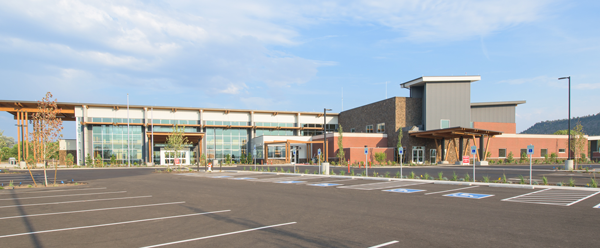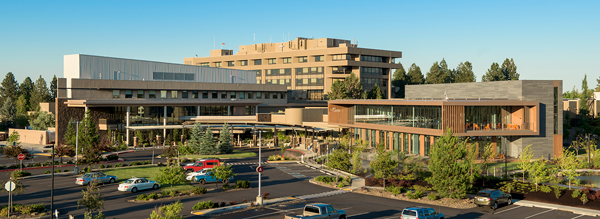Addressing appetite issues caused by medical problems
There is a wide range of medical problems that can result in poor appetite. It’s easy to become frustrated when you know you need to eat to get well, but you aren’t hungry.
Any health condition — such as a swallowing disorder — that interferes with the palatability of food or interferes with the mechanisms of food ingestion can also cause nutrition problems. Chronic conditions (heart or kidney failure or chronic obstructive pulmonary disease) may be accompanied by poor appetite due to difficulty breathing, weakness and general malaise. Poor appetite is also commonly a result of narcotic medications, such as codeine or morphine.
St. Charles Bend provides a multidisciplinary approach to nutritional health treatment, including guidance by a registered dietitian nutritionist. A registered dietitian nutritionist can meet with you to discuss your concerns and answer questions about poor appetite, as well as provide ways to overcome it.
Expert help for swallowing and other eating difficulties
Poor appetite is a common symptom of advanced age, cancer, chronic disease, or medication side effects. Different types of cancers, including the illness itself and treatments such as chemotherapy and radiation therapy, are a common cause of poor appetite.
Poor appetite rarely leads to a life-threatening condition, but it can be associated with dehydration that, left untreated, can result in electrolyte imbalance, shock or coma. Seek immediate medical care (call 911) if you, or someone you are with, have symptoms of severe dehydration, such as confusion or loss of consciousness for even a moment, cold skin or reduced urine output.
Nutrition counseling
If you have questions about improving your appetite with help from the experts at St. Charles Health System, call 541-706-6348. We’re ready to support you.
St. Charles Health System in Central Oregon offers specialized nutrition counseling.



